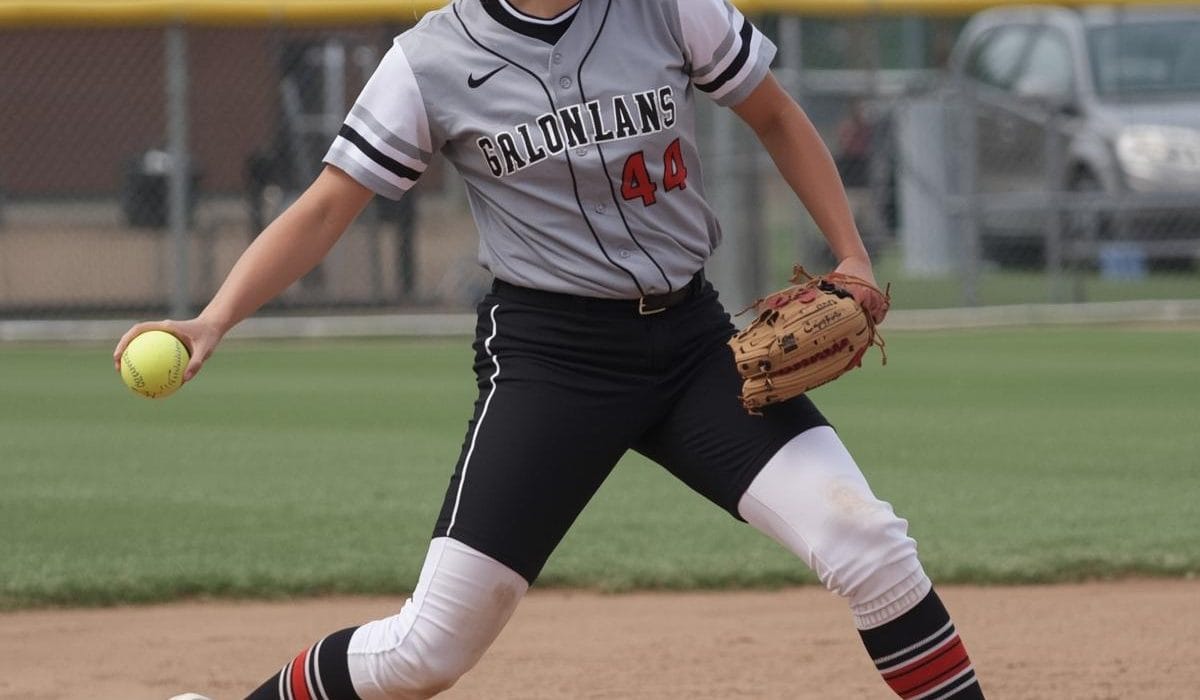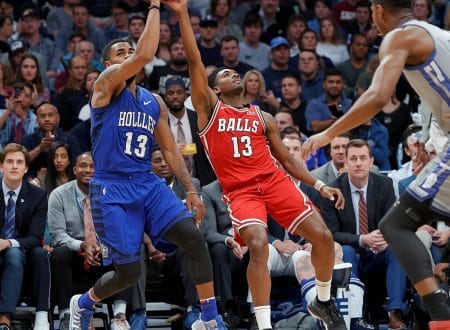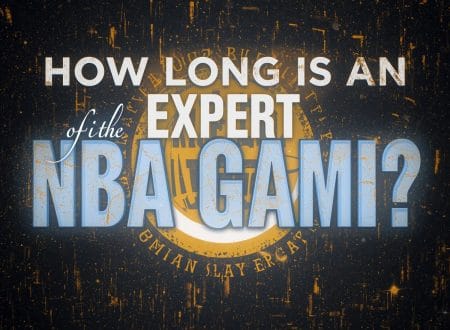Introduction
Softball may seem like a fast-paced version of baseball, but how long a game lasts actually depends on several real-world factors from league level to weather conditions. Whether you’re a coach, a player, or a curious fan, knowing the true length of a softball game helps you prepare better, manage energy, and enjoy every inning without surprises.
Let’s explore everything you need to know from official rules to real-life timing and expert insights.
Regulation Time vs Real Game Time
Softball isn’t measured by a clock like basketball or soccer it’s based on innings. Each inning has two halves: one for batting and one for fielding. Games can move quickly if defenses are sharp, or stretch longer when scoring is high.
Here’s an overview of how long games typically last at different levels:
| Level / Format | Regulation Innings | Average Real Duration | Notes |
| Youth / Little League | 6 innings | 1–1.5 hours | Time limit often set at 75 minutes |
| High School | 7 innings | 1.5–2 hours | May apply 10-run mercy rule |
| College (NCAA) | 7 innings | 1.5–2 hours | 8-run rule after 5 innings |
| Adult Recreational | 7 innings / time limit | 1–1.75 hours | “No new inning after 55 min” common |
| Professional | 7 innings | 2–2.25 hours | Includes reviews, TV breaks |
| Slow-Pitch (Co-ed Leagues) | 7 innings / time cap | 1–1.5 hours | Often capped at 60 minutes |
Summary:
Most softball games last between 90 minutes and 2 hours, depending on innings played, level, and game pace.
Explanation
Youth leagues play shorter games to match player stamina and attention spans, often stopping after six innings or when a time limit expires.
High school and college games typically go the full seven innings unless the mercy rule ends them early.
Professional and international games last longer due to stricter regulations, TV commercials, and video reviews.
So, while the rulebook might say “seven innings,” real-life softball often lasts less or sometimes much more.
Why Real Game Time Varies So Much
Softball is full of unpredictable moments. A tight pitcher’s duel might move fast, while a high-scoring game can drag on. Let’s look at what truly affects the clock.
1. Number of Batters Per Inning
If a team keeps getting hits and base runners, innings stretch longer.
For instance, a defensive side struggling to get outs can face 10–12 batters in one inning, which adds up quickly.
2. Pitching Changes and Warm-ups
Each time a new pitcher enters, they take warm-up throws (usually 5–7). This adds a few minutes per change and in college or pro games, multiple pitching swaps can add 15–20 minutes total.
3. Timeouts, Reviews, and Challenges
Coach visits, injury checks, and video reviews (at higher levels) can delay play.
Although these are brief, they collectively make the game last longer.
4. Time Limits and Run Rules
In recreational or youth leagues, time caps keep games on schedule.
For example, “no new inning after 55 minutes” ensures everyone plays but avoids long delays.
The run-ahead rule (mercy rule) ends games early if one team leads by a large margin (commonly 8 or 10 runs).
5. Extra Innings
When the score is tied after regulation, extra innings are played until a winner is determined.
Each extra inning usually adds 10–15 minutes.
6. Weather Delays
Rain or lightning can extend total time by 30 minutes or more even if play resumes later.
Game Duration by Level: Youth to Professional
Youth Softball
Youth softball games usually last 60 to 80 minutes or 6 innings.
Most leagues enforce time limits (e.g., 75 minutes) to keep schedules tight and maintain player safety.
Example: In Little League Softball, if time expires before the 6th inning starts, the game ends with the current score.
High School Softball
High school games run for 7 innings and typically last 1.5 to 2 hours.
However, many games end early due to the 10-run rule if one team leads by 10 or more after 5 innings, the game concludes.
Coaches focus on keeping the pace consistent to prevent late-game fatigue, especially during tournaments.
College Softball (NCAA)
| Game Type | Average Duration | Factors That Affect Time |
| Regular Season | 1 hour 50 minutes | Full 7 innings + reviews |
| Tournament | 2 hours | TV breaks, longer pauses |
| Championship | 2+ hours | Extra innings, ceremonies |
College softball follows 7 innings, but the 8-run mercy rule applies after 5 innings.
Games are broadcast nationally, adding short breaks between innings.
Extra innings, especially in tournaments, can push total duration past two hours.
Expert Insight: “College softball moves fast because pitchers dominate — but high-pressure playoff games often stretch longer due to reviews and media breaks.”
Coach Denise Torres, NCAA DII Program (2024)
Adult and Recreational Leagues
Adult rec leagues often operate under time-based rules:
Games last 7 innings or up to 55–70 minutes, whichever comes first.
This allows multiple games per night and ensures fair playtime.
| Rule Type | Purpose | Effect on Duration |
| “No new inning after 55 min” | Keeps schedule consistent | Reduces total time by ~15 min |
| Mercy Rule | Ends blowouts | Cuts game by 20–30 min |
| Time Cap | Forces completion | Keeps game under 1.25 hours |
Explanation
Time-limited formats keep amateur and co-ed games organized. Since these leagues are recreational, organizers prioritize playtime and enjoyment over strict inning counts.
Professional Softball (NPF / Olympics)
Professional softball follows official 7-inning regulations with no time limits.
Games last roughly 2 hours, with extra innings extending beyond that.
TV coverage, umpire reviews, and national anthems contribute to total time.
“At the pro level, every pitch matters — the pace is slower, more strategic, and every decision adds seconds to the clock.”
Olympic Softball Analyst, ESPN (2024)
Time-Saving Rules & Their Impact
| Rule Type | Why It Exists | Impact on Game Time |
| No New Inning Rule | Keeps games on schedule | Saves 10–15 minutes |
| Run Rule (8/10 lead) | Ends uneven matches early | Cuts time by 20–30 minutes |
| Pitch Clock (Experimental) | Limits pitcher prep time | Speeds up pace |
| Shortened Warm-ups | Reduces downtime | Keeps total under 2 hours |
Explanation
These rules balance competitiveness with efficiency.
For leagues managing multiple games daily, saving 15–20 minutes per match can prevent scheduling chaos.
College and youth programs rely heavily on them to ensure games finish before sunset or next matches begin.
Key Takeaways
- The average softball game lasts 1.5–2 hours across most levels.
- Youth and rec games use time limits (50–75 minutes) to stay organized.
- College and pro games often last around 2 hours or slightly more.
- Mercy rules, extra innings, and weather delays cause variations.
- Always plan for a 2.5-hour window if attending tournaments.
FAQs About Softball Game Length
Q1. How long does a typical softball game last?
A typical softball game lasts 1.5 to 2 hours, depending on innings, league level, and gameplay pace.
Q2. How many innings are in a softball game?
Most softball games are 7 innings, though youth leagues often play 6.
Ties lead to extra innings until a winner is decided.
Q3. What’s the mercy rule in softball?
The mercy (or run-ahead) rule ends the game early when one team leads by 8–10 runs after 5 innings, saving time in lopsided matches.
Q4. Are there time limits in softball?
Yes, recreational and youth leagues often impose time caps (55–75 minutes) to keep games running on schedule.
Q5. Can a softball game end in a tie?
Yes, particularly in timed leagues. If time expires and the inning ends tied, the result may stand as a draw unless playoff rules require extra innings.
Conclusion: The Real Answer
| Level | Regulation Innings | Typical Duration | Special Rules |
| Youth | 6 | 60–80 mins | Time limit enforced |
| High School | 7 | 1h45–2h | Mercy rule |
| College | 7 | 1h50–2h15 | 8-run rule |
| Adult Rec | 7 / 55-min limit | 1–1.25h | Timed play |
| Pro / Olympic | 7 | ~2h | No time cap |
In short:
A softball game typically lasts between 90 and 120 minutes, though the exact time depends on the level, innings, pace, and league rules.
From youth tournaments to professional stadiums, softball’s rhythm depends less on the clock and more on the players, the strategy, and the story unfolding inning by inning.
Featured Snippet
A standard softball game lasts about 1½ to 2 hours, officially spanning 7 innings.
Youth and recreational games may end after 6 innings or 55–75 minutes due to time caps.
College and professional games average 1h50–2h15, sometimes extending with extra innings or delays.







